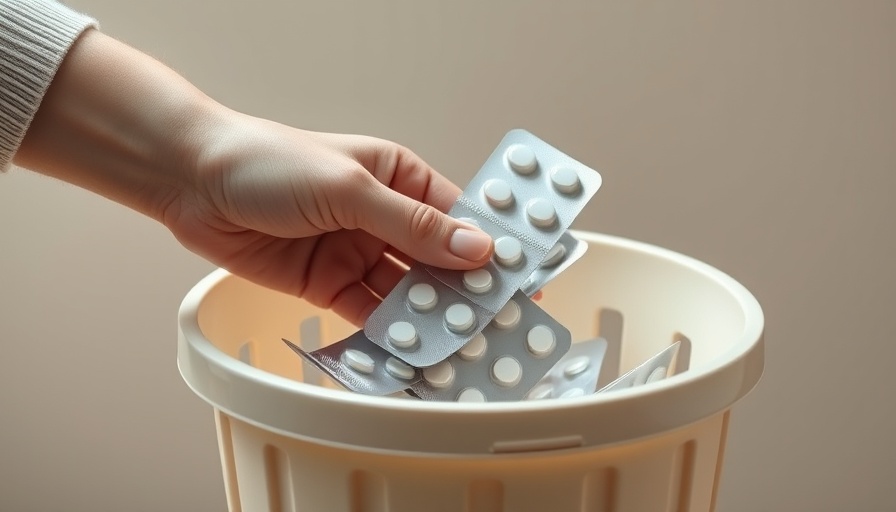
Why Your Septic Tank Deserves More Care Than You Think
Your septic tank is more than just a hidden part of your home’s plumbing. Think of it as the digestive system of your property — essential for breaking down waste and ensuring a healthy home environment. Just like your body, this system needs the right balance to function correctly. Introducing improper items into your septic system can lead to costly repairs and a headache-induced bill that no homeowner wants.
Items You Should Never Flush Down Your Septic
Understanding what belongs in your flush and what doesn’t is vital for maintenance and longevity. Here are some common household items that can devastate your septic tank:
- Coffee Grounds: These little remnants of your morning caffeine hit can create sludge buildup, lowering your tank's storage capacity.
- Antibacterial Soaps: While they diminish germs, they also inhibit the good bacteria that keep your septic tank functioning properly.
- Medications: Flushing these disrupts the natural ecosystem of the tank, leading to potential backups.
- Grease and Oils: These solidify and can create hefty clogs. Make sure to dispose of cooking fats in the trash, not the toilet.
- Feminine Hygiene Products: These are not biodegradable and can build up over time, leading to expensive repairs.
To keep your septic system running smoothly, think of it as a relationship — it thrives when you treat it with care!
The Hidden Costs of Septic Mishaps
The consequences of ignoring what can clog your septic tank can be steep. From frequent services to replacing your leach field, the expenses can quickly escalate. For instance, a routine pump might cost a few hundred dollars, but relocating an entire drainage field could set you back thousands. Maintaining your tank is, therefore, an investment in preventing much larger future costs.
Creating a Sustainable Routine
To maintain a healthy septic tank, it’s crucial to adopt sustainable practices. This includes proper waste segregation at home, using beneficial bacteria products specifically designed for septic tanks, and scheduling regular pump-outs. Sharing these tips with family and friends can also promote a healthier community!
Your Action Plan for Septic Care
As a homeowner, being proactive about your septic system’s health can save you from a world of trouble. Start by creating a list of materials that should not go down the toilet. Consider having an easily accessible guide displayed in your bathroom to remind your household.
Remember, a small effort in avoiding specific items can make a huge difference in maintaining a thriving home environment!
 Add Row
Add Row  Add
Add 




 Add Row
Add Row  Add
Add 

Write A Comment